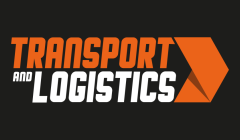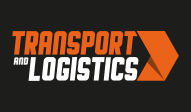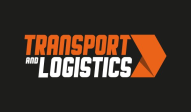The logistics sector should be aware of new HMRC controls for alcohol wholesalers and retailers, says Alan Powell, UKWA’s excise duty expert.
Alcohol duty fraud, particularly in beer and wine, is a significant problem for the Exchequer and legitimate business. HMRC’s measures to counter the fraud thus far have had limited success (and this includes the supposed “ideal” anti-fraud measure – the electronic excise movement and control system for EU duty-suspended movements – EMCS).
Of the various anti-fraud measures under consideration in 2012, the only one being taken up is a scheme to register and control wholesalers of duty paid alcohol under the Alcohol Wholesaler Registration Scheme (AWRS). The new law will start to kick in very soon and will have a “two stage” effect.
Firstly, almost all business-to-business vendors of duty-paid alcohol will have to be approved by HMRC as wholesalers of alcohol in order to trade. Trading “wholesale” in this context means the trading in any quantity of alcohol. Furthermore, many businesses will be affected by the new scheme who would not even consider their business to be “wholesale”. HMRC will start to register existing wholesalers in a window from 1 October – 31 December 2015. Businesses trading in alcohol should therefore review all their activities to check whether they need to be approved as wholesalers and make application on time if an approval is necessary.
Secondly, “trade buyers” (mainly retailers) will have to check that their suppliers are approved by HMRC. It will be an offence for retailers not to carry out such checks when the scheme takes full effect from 1 April 2017. Retailers should also prepare for the new scheme and their obligations under it.
Failure to comply with the new laws will lead to severe sanctions, as HMRC gets tougher in the fight against alcohol duty fraud.
A tough and comprehensive regime
The new provisions to control wholesalers are much more pervasive than the old wholesale licensing requirement operated by HMRC until 1981 and will affect traders who might not even think they are “wholesalers” of alcohol. HMRC has sewn a fine mesh to prevent fraudsters using gaps in the net for illicit activity and estimates that 21,000 businesses will need to be registered or else will break the law when trading in duty-paid alcohol. Furthermore, businesses will not legally be able to buy any alcohol for commercial purposes from any non-registered trader. The penalties for breaches will be severe. In order for checks to be made by retailers on their suppliers, there will be an on-line “look up” facility for suppliers’ Unique Reference Numbers (URNs).
During initial consultations with HMRC, industry had expressed concerned that such a scheme will require a huge amount of resources or it will fail and lack all credibility, which HMRC has acknowledged. It is reported by HMRC that the Treasury has provided sufficient funding and that 200 new staff have been recruited specifically for this exercise.




